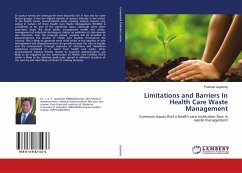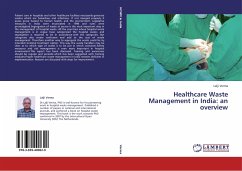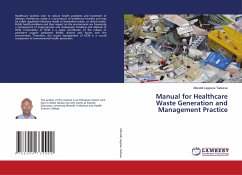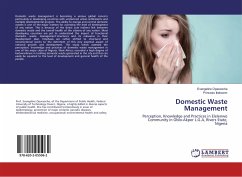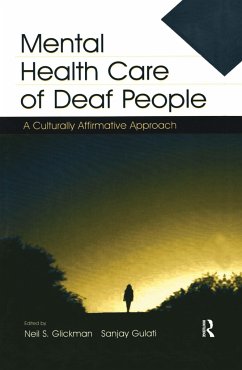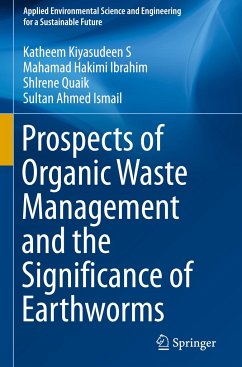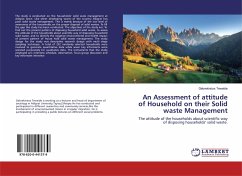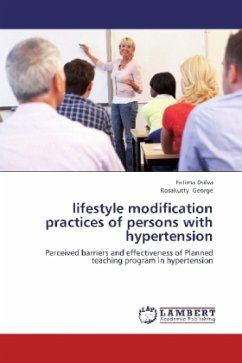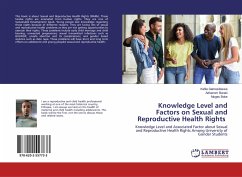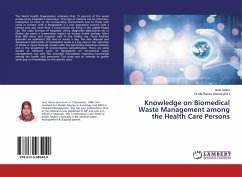
Knowledge on Biomedical Waste Management among the Health Care Persons
Versandkostenfrei!
Versandfertig in 6-10 Tagen
27,99 €
inkl. MwSt.

PAYBACK Punkte
14 °P sammeln!
The World Health Organization estimates that 15 percent of the waste produced by hospitals is hazardous. This type of material can be infectious, radioactive or toxic to the surrounding environment and to those who come in contact with it. Bangladesh is a over populated country with a limited area and more than 3 crore people are living in the capital Dhaka city. The rapid increase of hospitals, clinics, diagnostic laboratories etc in Dhaka city exerts a tremendous impact on human health ecology. More than 600 clinics and hospitals exist in the Dhaka city. These facilities generate an estimate...
The World Health Organization estimates that 15 percent of the waste produced by hospitals is hazardous. This type of material can be infectious, radioactive or toxic to the surrounding environment and to those who come in contact with it. Bangladesh is a over populated country with a limited area and more than 3 crore people are living in the capital Dhaka city. The rapid increase of hospitals, clinics, diagnostic laboratories etc in Dhaka city exerts a tremendous impact on human health ecology. More than 600 clinics and hospitals exist in the Dhaka city. These facilities generate an estimated 200 tons of waste a day. The safe disposal and subsequent destruction of biomedical waste is a key step in the reduction of illness or injury through contact with this potentially hazardous material, and in the prevention of environmental contamination. There are some studies in different parts of Bangladesh on bio-medical waste management, but only few provided information regarding knowledge among the health care personnel. This study was an attempt to gather some gap on knowledge on this specific issue.



